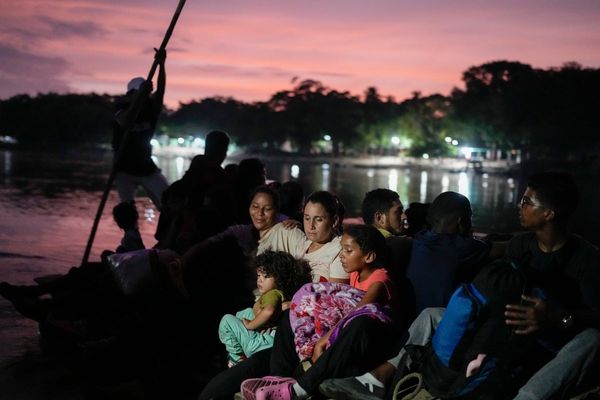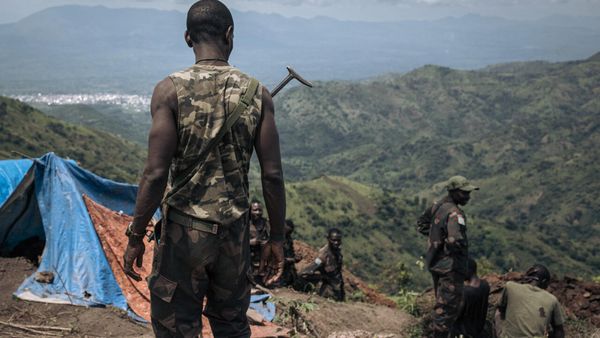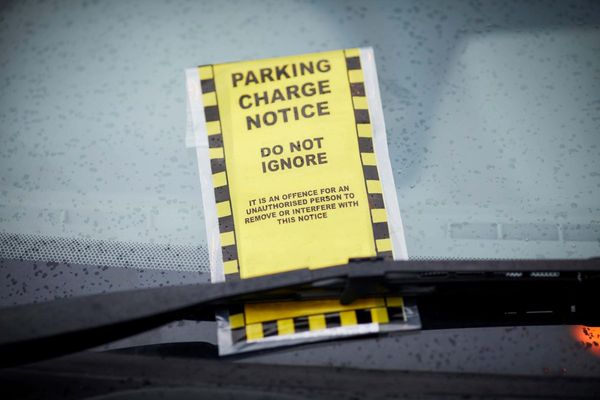Colombians from areas hard hit by nearly six decades of fighting will for the first time on Sunday elect victims of the conflict to serve as special lawmakers in Congress, fulfilling part of the terms of a 2016 peace accord.
Nearly 39 million people are eligible to vote in contests to fill 108 Senate and 187 lower house seats, as well as participate in one of three primaries for presidential candidates ahead of a May vote for the country's new leader.
But residents of rural jungle and mountain areas where the fighting between leftist rebels, right-wing paramilitary groups, drug gangs and the military was most deeply felt will also get to choose 16 representatives who are victims.
The so-called victims seats, which will exist for two legislative terms, were agreed under the terms of the government's peace deal with the leftist Revolutionary Armed Forces of Colombia (FARC) rebels six years ago, but have not yet been implemented because of a series of legal disputes.
The Constitutional Court said last year that the filling of the seats should go ahead. Candidates must present a document from Colombia's Victims' Unit certifying that they have suffered as a result of the conflict.
"It's an unprecedented, new process," Alexander Vega, Colombia's national registrar, told Reuters on Thursday. "We are fulfilling the peace deal."
Residents of 167 municipalities in provinces like Arauca, Choco, Norte de Santander and Cauca will elect the 16 representatives at nearly 2,000 polling places, Vega said.
Some 240,000 members of the armed forces will be deployed throughout the country to ensure voting at the 12,635 polling places goes ahead normally, Interior Minister Daniel Palacios told reporters this week.
"Everything is available so the elections can be carried out with guarantees of security and transparency," Palacios said, adding that voting tallying systems have been shored up against possible cyber attacks.
The FARC's new political party, which has had little success since its electoral debut in 2018, has 10 guaranteed seats in Congress through 2026 under the terms of the peace deal.
Colombian President Ivan Duque is barred from running for a second term in the May election.
(Reporting by Luis Jaime Acosta; Writing by Julia Symmes Cobb; Editing by Paul Simao)






